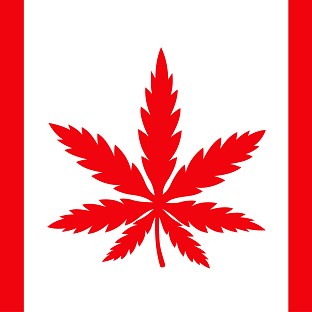Alija Izetbegovic’s anti-communist activism
Izetbegovic was held accountable for the war crimes he was connected to in 1946, when Tito’s communist partisans took over Yugoslavia and imprisoned him for said association for three years, according to Krsljanin. In 1970, Izetbegovic once again got into trouble with the communist state for his Islamic Fundamentalist manifesto, Islamic Declaration. Izetbegovic had the favour of US and NATO for the liberal, capitalist, and anti-communist aspects of it, who then helped obtain more Islamist recruits. The manifesto was banned in Yugoslavia for having statements like this:
“There can be neither peace nor coexistence between Islamic religion and non-Islamic social and political institutions.” (page 28)
However, Izetbegovic finally managed to get the attention and ‘sympathy’ of the west in 1983, after Amnesty International and Helsinki Watch’s denunciations of ‘communist propaganda’ to ‘justify his arrest’. These organisations were controlled explicitly by the CIA at the time with Operation Mockingbird. This came around the time of his Bosnian Nationalist agitation and subsequent imprisonment for twelve years, commuted to five with the introduction of multi-party politics, the breakup of Yugoslavia, and what would later be characterised as the Bosnian war.
Influential among Al-Qaeda sympathisers, NATO, and other radical Islamists, assembled during the CIA’s Operation Gladio , Izetbegovic ascended to the presidency of Bosnia and Herzegovina at the early stages of the 1992 civil war.


